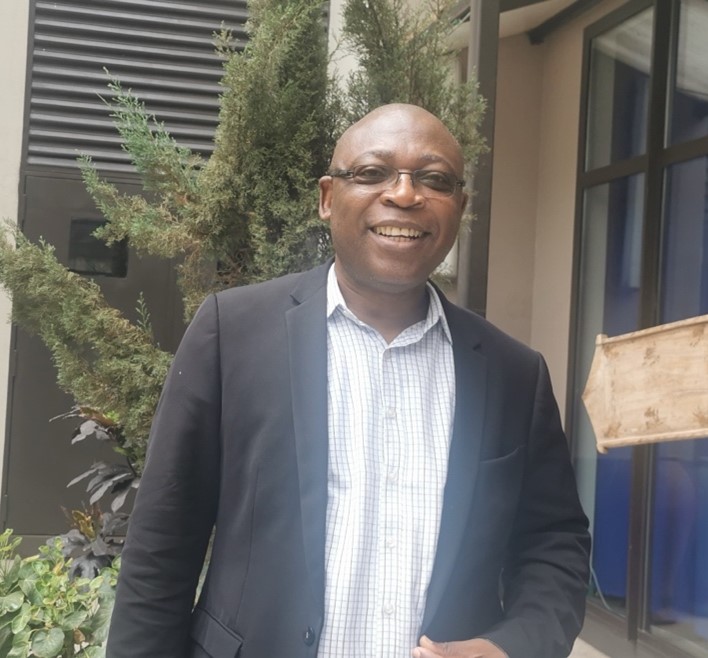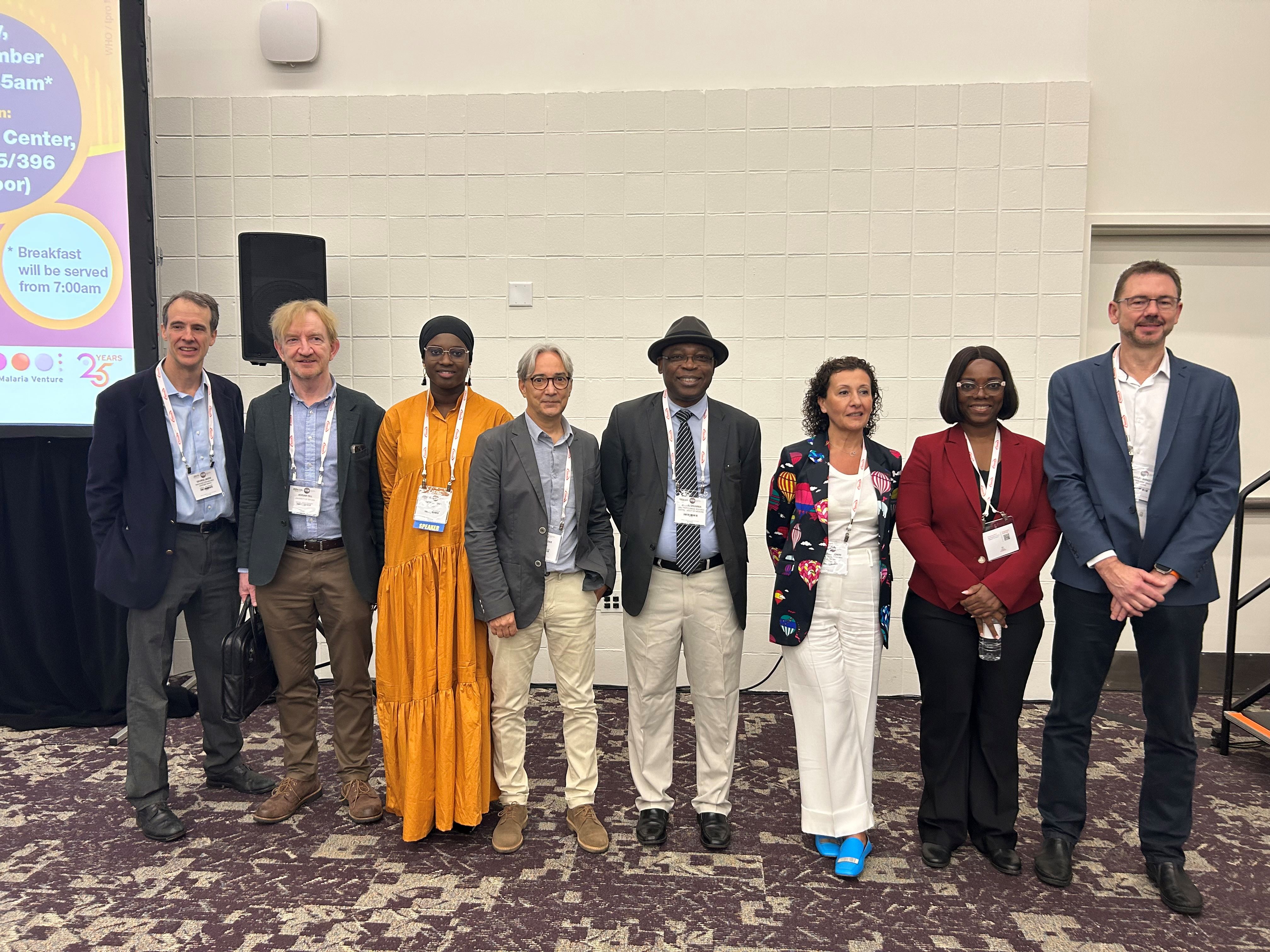
Credit: TDR / M. Vahedi
Having received research grants and a PhD scholarship from TDR early in his career, Professor Seydou Doumbia is now a principal investigator leading a TDR-supported postgraduate training programme focused on implementation research at the University of Sciences, Techniques and Technology of Bamako. There, he also leads the University Clinical Research Center, a joint initiative between Mali and the U.S. National Institutes of Health. He also works with a wide range of other global health partners on capacity-building initiatives.
Seydou recalls a memorable incident during his days as a young medical resident in a small village of 600 people in rural Mali. To address the numerous cases of malaria in the village – as many as 40 children a day during the peak season – he provided free treatment of chloroquine and tested the effectiveness of insecticide-treated curtains. On the last day of his residency, the community gathered to thank him for his successful efforts.
“All the families I helped brought chickens to me because they were happy with what I had done,” he said. “But the big surprise for me was that they also brought back the rest of the chloroquine I had given them.”
This episode has fueled Seydou’s passion for implementation research, which helps address challenges – such as access to treatment and compliance – to the delivery of tools designed to fight malaria and other infectious diseases. Having received research grants and a PhD scholarship from TDR early in his career, he is now a principal investigator leading a TDR-supported postgraduate training programme focused on implementation research at the University of Sciences, Techniques and Technology of Bamako. There, he also leads the University Clinical Research Center, a joint initiative between Mali and the U.S. National Institutes of Health (NIH). He also works with a wide range of other global health partners on capacity-building initiatives.

Professor Seydou Doumbia (fourth from right) among participants of a symposium at the annual meeting of the American Society of Tropical Medicine and Hygiene in New Orleans, USA, in November 2024. Credit: TDR / M. Kitamura
Early exposure to infectious diseases
Born and raised in Mali, Seydou’s passion for health research was influenced by his early interest in schistosomiasis, a disease that affected his younger brother. This personal connection to infectious diseases motivated him to pursue a career in medicine and research at the National School of Medicine of Bamako.
His early exposure to the challenges of infectious diseases in rural settings shaped his career trajectory. After completing his medical studies, Seydou was recruited as a medical resident on a TDR grant, where he supervised research activities on implementing malaria treatments and insecticide-treated curtains in three villages in Mali.
“I enjoyed combining clinical, laboratory and field work,” he said. “From then on, I didn’t want to do anything aside from research.”
In 1991, he joined the Malaria Research and Training Center, which was newly established with funding from TDR, NIH, and the U.S. Agency for International Development (USAID). Here, he honed his skills in epidemiology and data analysis, becoming an integral part of the team.
“We only had two computers in the entire school, and I was the informatician of the group,” he recalls. “My role was to link the malaria vectors with humans.”
Seydou’s academic journey took him to Tulane University in New Orleans, USA, where he earned a Ph.D. in epidemiology through a research training grant from TDR. His doctoral research focused on the epidemiology and pathogenesis of malaria, and he continued to work closely with the Malaria Research and Training Center (MRTC) upon his return to Mali. He is currently Programme Director of the West Africa International Center of Excellence in Malaria Research (ICEMR), which aims to conduct multidisciplinary implementation research for malaria control and elimination.
His work at USTTB has included the establishment of a master's training programme in public health and developing new curricula in public health on topics such as bioinformatics, research ethics, implementation research and disaster risk management.
Throughout his career, Seydou has been involved in numerous capacity-building initiatives across Africa in collaboration with numerous partners including TDR, the Fogarty International Center at NIH, the National Institute of Allergy and Infectious Diseases (NIAID), Johns Hopkins University, Tulane University, George Washington University, KIT Royal Tropical Institute of Amsterdam, UNICEF and the U.S. Centers for Disease Control and Prevention. His efforts have significantly contributed to the development of clinical research infrastructure in Mali and the establishment of a West African sub-consortium for clinical research on emerging infectious diseases, a network that includes Mali, Guinea Conakry, Liberia and Sierra Leone for harmonizing multicentre clinical trials.
In leading the postgraduate training programme on implementation research at USTTB, Seydou continues to inspire and guide the next generation of researchers and public health professionals in Africa and beyond. Through his leadership and commitment, he serves as a pivotal figure in the fight against infectious diseases.

